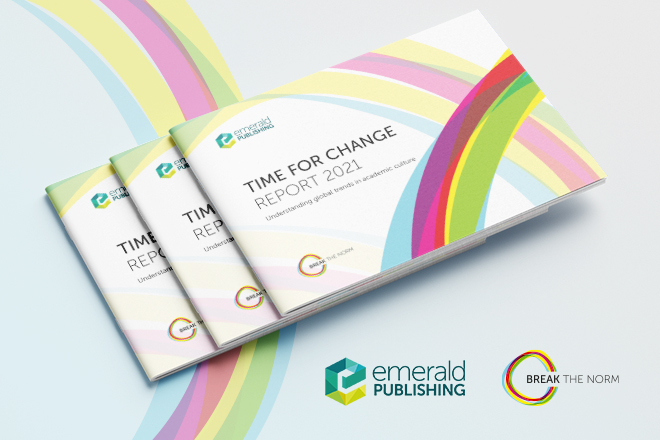Academic culture has come under fire in recent years for promoting unhealthy competition, favouring metrics over research quality and overburdening academics. The main crux of the issue lies in the incentives structure; academics who frequently publish in high-ranking journals are more likely to obtain funding and career advancement. Some believe the system is broken and that all stakeholders (funders, institutions, publishers, researchers) need to take decisive action to achieve a healthy and fair research culture.
Publishers have responded to calls for change and many now offer a range of publishing options and support services, including fully open access or ‘hybrid’ journals and platforms. But do these changes go far enough? Some argue that publishers should overhaul their business models and become more transparent and affordable. Beyond this, they should innovate to provide the sector with interactive content options, and quality products and services. Others believe the issue is broader and that the sector must ultimately change how it evaluates research, rather than focus on how or where research is published.
On this page
- How can publishers help improve academic culture?
- Researchers have a variety of ideas & opinions on how publishers should bolster change
- The data
- Download the report as a PDF
In the report
- Widening inequalities
- Research evaluation
- Academic culture
- Openness & transparency
- Role of the publisher [this page]
How can publishers help improve academic culture?
When we put this question to the research community, less than 1 in 10 (9%) agree that publishers don’t have a role to play in improving academic culture. The most popular solution chosen was that publishers should offer different options to publish (60%), followed by publish more exploratory research (48%), provide more support for post-publication promotion (48%), and champion alternative methods of impact (44%). Greater diversity of editorial boards (a new option for 2021) was chosen by 39% of researchers globally and was particularly popular among women (49% versus 33% of men).
Researchers have a variety of ideas & opinions on how publishers should bolster change
| Support diversity | 'Greater diversity of editorial board but of competent and accomplished researchers at various stages of their career' Male, researcher, 11-15 years post PhD, UK |
| Become service providers | 'Transition from being gatekeepers who charge a toll to service providers who succeed by offering support' Male, researchers, 20+ years post PhD, Canada |
| Collaborate | 'I believe there needs to be more focus on supporting research in an applied capacity and translating that knowledge into workable solutions that impact societal goals. This requires collaboration and publishers should be a part of those' discussions' Female, faculty / teaching, 1–5 years Post PhD, Canada |
| Help global south | 'Support developing economies. Too many journals have global north leaders' Provided no demographic information |
| Offer resources | 'Offering more support for researchers in low- and middle-income countries to conduct research and write effectively in English as a second language' Female, librarian, 20+ years Post PhD, US |
| Incentive for lecturers | 'There is no incentive offered by higher ed or academic publishers for nontenured or tenure track academics to spend time researching and publishing, so a huge population that contributes to teaching in higher ed is deincentivised to research' Female, faculty / teaching, 1–5 years post PhD, US |
The data
What, in your opinion, could publishers do to help improve academic culture?







| Statement | 2021 | 2020 |
|---|---|---|
| Offering different options to publish | 30 | 61 |
| Champion alternative methods of impact | 44 | 46 |
| Provide more support for post-publication promotion | 48 | 45 |
| Publish more exploratory research | 48 | 46 |
| Help to incorporate impact at the start of research | 23 | n/a |
| Greater diversity of editorial boards | 39 | n/a |
| I don’t think publishers can play a role in improving academic culture | 9 | 8 |
What, in your opinion, are the problems with the way research is done today?







| Method | % 2021 | % 2020 |
|---|---|---|
| Too much focus on research by stealth (trying to fit the research into funding opportunities) | 49 | 50 |
| Not enough time / space given to failure | 43 | 42 |
| Poor opportunities for collaboration with practice | 37 | 37 |
| Poor opportunities for collaboration with different disciplines | 36 | 35 |
| Funding only given to established researchers | 52 | 51 |
| The academic culture doesn’t encourage opportunities to challenge ideas | 43 | 45 |
Download the report as a PDF
You can get a PDF version of our Time for change report by filling in this form; you'll be able to download the report instantly.







